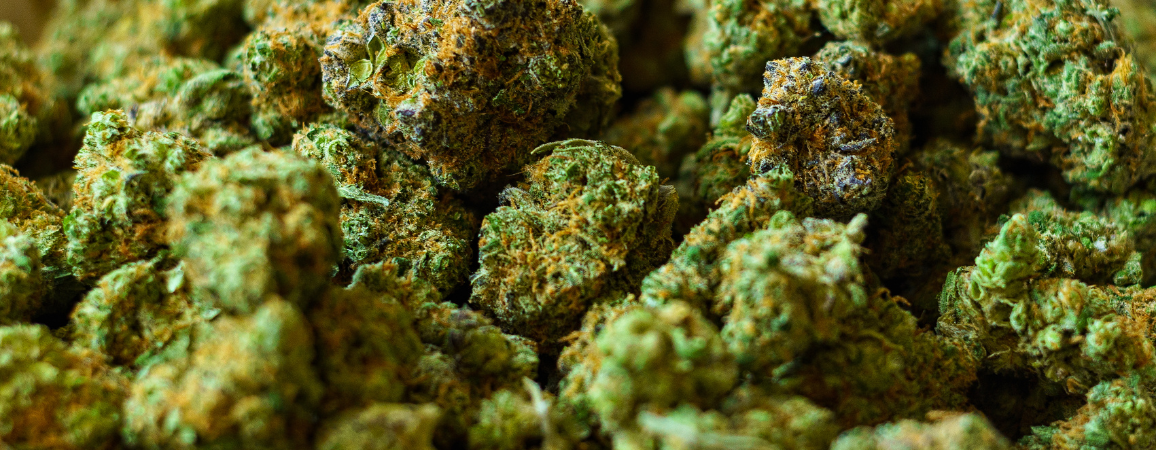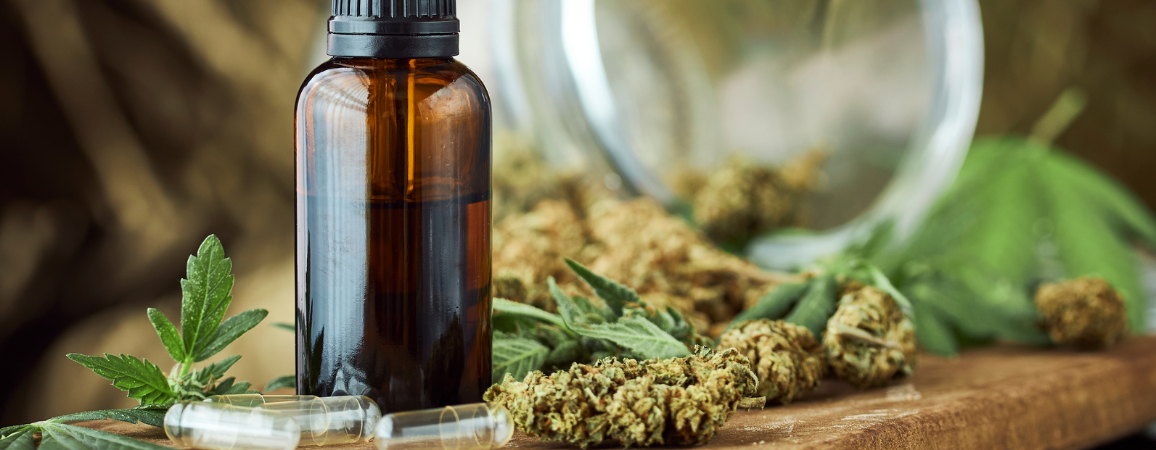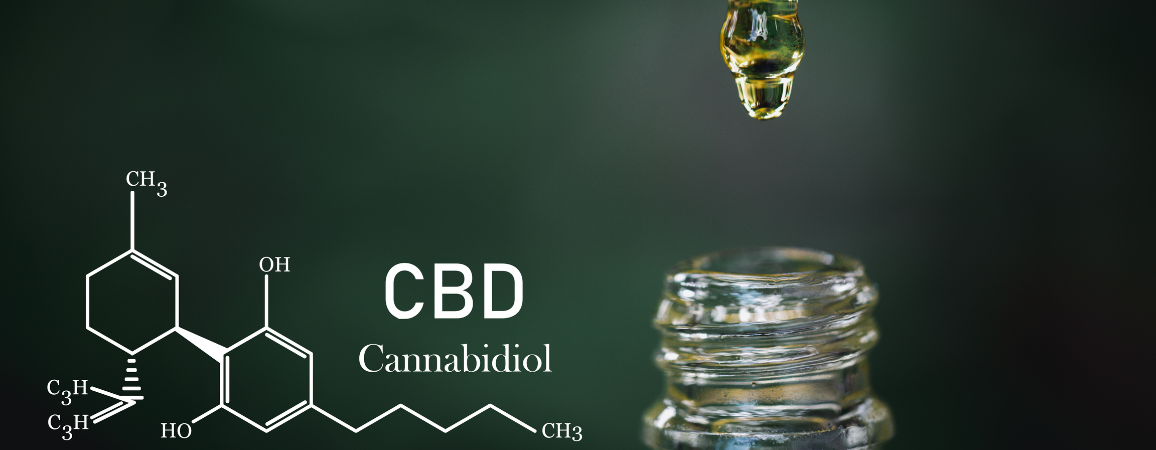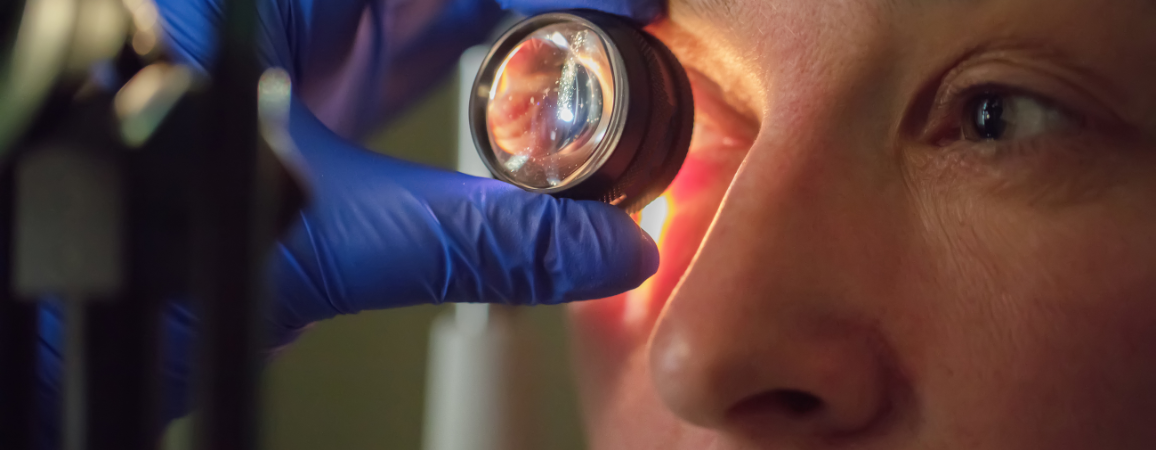
In the world of natural remedies and alternative therapies, medical marijuana has garnered substantial attention for its potential to address various health concerns. As researchers continue to delve into its properties, compounds like THC, CBD, and hemp oil have emerged as focal points for their promising benefits. This article aims to shed light on these intriguing elements and their roles in managing anxiety, glaucoma, and even serving as an opioid dependency blocker for addiction recovery.
The Healing Power of Medical Marijuana and Its Key Components:
1. THC (Tetrahydrocannabinol):
THC is the primary psychoactive compound found in marijuana. It’s known for its mind-altering effects, but recent studies have shown that it holds potential beyond recreational use. Researchers such as Dr. Raphael Mechoulam have explored its impact on pain management and nausea reduction, which is particularly beneficial for patients undergoing chemotherapy.
2. Hemp Oil:
Extracted from the seeds of the hemp plant, hemp oil contains minimal THC content. It is rich in essential fatty acids and has gained recognition for its potential in promoting heart health and managing skin conditions. Dr. Janet Starr Hull’s research has highlighted the nutritional benefits of hemp oil, contributing to its growing popularity in health-conscious circles.

3. CBD (Cannabidiol)
CBD is a non-psychoactive compound that has captured attention for its various therapeutic properties. Studies conducted by Dr. Esther Blessing and her team have indicated that CBD may hold potential in managing anxiety, insomnia, and even certain forms of epilepsy. Its interaction with the endocannabinoid system has prompted further investigation into its broader effects on the body.

Addressing Opioid Dependency and Anxiety:
Opioid Dependency Blocker:
A notable aspect of medical marijuana’s potential lies in its role as an opioid dependency blocker. Research conducted by Dr. Yasmin L. Hurd has demonstrated that certain compounds in marijuana can aid in reducing opioid cravings and withdrawal symptoms, making it a valuable tool in addiction recovery programs. This could potentially be a groundbreaking step toward combating the opioid epidemic.
Anxiety Reduction:
Anxiety disorders affect millions worldwide, prompting a search for effective treatments. CBD has shown promise in this arena. Dr. Blessing’s research, alongside Dr. Shannon Hughes and Dr. Scott Shannon’s studies, suggests that CBD may help manage symptoms of anxiety by influencing serotonin receptors in the brain. This intriguing avenue could offer an alternative to traditional medications for anxiety sufferers.
A Vision of Relief: Glaucoma and Medical Marijuana:
Glaucoma, a condition characterized by increased pressure within the eye, can lead to irreversible vision loss if left untreated. Dr. Tomida’s study published in the journal “Investigative Ophthalmology & Visual Science” indicates that marijuana’s components, particularly THC, may have a beneficial impact on intraocular pressure, potentially offering relief to glaucoma patients.

The Cautionary Note: Considerations for Safe Usage:
While the potential benefits of medical marijuana and its compounds are compelling, it’s vital to exercise caution. Research indicates that marijuana-related compounds can exacerbate schizophrenia symptoms, particularly in individuals with a family history of the disorder. Dr. Robin Murray‘s studies underscore the importance of thorough assessment before using these compounds, especially in cases involving mental health concerns.
A New Frontier of Wellness
As we venture further into the realm of alternative therapies, medical marijuana, THC, hemp oil, and CBD stand out as promising candidates for a wide array of health challenges. With ongoing research and cautious usage, these compounds could pave the way for innovative solutions in anxiety management, addiction recovery, and glaucoma treatment. It’s an exciting time as we uncover the potential of these natural elements to shape the landscape of holistic wellness.
Disclaimer:
Please consult a medical professional before considering any form of medical marijuana or its components for your health needs. Particularly if you have a family history of schizophrenia or any medical conditions, it’s essential to seek personalised guidance to ensure your well-being.
References: –
– Mechoulam, R. (2005). The pharmacohistory of Cannabis sativa. In The Medicinal Uses of Cannabis and Cannabinoids (pp. 1-19). Pharmaceutical Press.
– Starr Hull, J. (2007). Hemp oil can cure cancer. Sunshine Press Productions.
– Blessing, E. M., et al. (2015). Cannabidiol as a Potential Treatment for Anxiety Disorders. Neurotherapeutics, 12(4), 825-836.
– Hurd, Y. L., et al. (2019). Cannabidiol: Swinging the Marijuana Pendulum from ‘Weed’ to Medication to Treat the Opioid Epidemic. Trends in Neurosciences, 42(5), 353-355.
– Tomida, I., et al. (2006). Effect of sublingual application of cannabinoids on intraocular pressure: a pilot study. Investigative Ophthalmology & Visual Science, 47(3), 315-319.
– Murray, R. M., et al. (2015). Cannabis use and risk of psychosis: longitudinal studies. European Archives of Psychiatry and Clinical Neuroscience, 265(5), 321-330.




